Monitoring the trial of the case of V. Yanukovych (brief information about the court hearings on 16.07.18 and 17.07.18).

Фото: censor.net.ua
On July 16 and 17, 2018, in the Obolonsky District Court of Kiev, court hearings were held on the case of former Ukrainian President Viktor Yanukovych, accused of high treason. During the hearings, once again a situation arose when the court refused to involve the remaining witnesses of defense (located in Russia) for questioning in the procedure established by international obligations assumed by Ukraine. The result was the termination of interrogations and the transition to judicial debate. The debate will take place on July 30.
As was the case with the sessions of April 18 and 19, lawyers’ statements that a premature shift to the debate deprives them of the opportunity to interrogate more than ten witnesses, among whom a number of high-ranking officials of the presidential period V. Yanukovich (V. Zakharchenko, N. Azarov) were ignored . These witnesses have long expressed their readiness to testify, but within the framework of international agreements that are in force in the case of interrogation of persons living abroad. The court, in turn, insists on video interrogation of witnesses and the accused in a videoconference format conducted without taking this procedure into account, referring to Part 3 of Art. 323 of the Criminal Procedural Code of Ukraine, where the fifth paragraph states that from the moment of publication of the summons to the media in the mass media of the national distribution, the accused is deemed to be properly acquainted with its content. By the way, this rule was added specifically before the investigation of the Yanukovych case.
The compromise version with the questioning of witnesses from the territory of Crimea (used recently in this process) ceases to operate. Probably, the defense does not have enough technical capabilities to bring all witnesses to the Crimea, and the delay begins to be interpreted by the court as an attempt to delay the case. However, in this case it is necessary to understand that the lawyer’s association has significantly fewer resources than the state institutions and they can not require witnesses to go to another city for testimony. It is for the solutions of such problem situations that there is international assistance, which provides for the use of the “judicial infrastructure” of the host country for interrogation of such persons. This would enable the witness to come to the nearest court of residence (in Russia or Belarus) and from there to give evidence in the format of a videoconference.
The court and the defense cannot converge on this issue for almost a year now. The experts of ISHR repeatedly pointed to problems with respect for the right to a fair trial arising from the refusal of the court to act within the framework of the European Convention on Mutual Assistance in Criminal Matters ratified by Ukraine. Given that the court announced the transition to judicial debate, this means that the most important witnesses will not give their testimony in court. Especially interesting situation arose during the session on July 16, when the second witness after K. Kobzar appeared (according to the videoconference from the Crimea), on which the interrogation was filed. The court interrupted the session and ignored the lawyers’ requests to interrogate a new witness. Such cases had happened before, which casts doubt on the possibility of a fair trial. The jurisprudence of the European Court of Human Rights states that if the accused has made a reasonable request to hear witnesses who can strengthen the defense position or even lead to the acquittal of the accused, the authorities must provide relevant reasons for rejecting such a request (case “Topich v. Croatia”, “Polyakov v. Russia”).
Moreover, in the absence of a witness at court hearings, the court must take all reasonable efforts to ensure their presence and properly consider the statement of the accused and his defense regarding this issue (“Bonev v. Bulgaria”, “Karpenko v. Russia”, “Pello v. Estonia”). The refusal to interrogate witnesses who are abroad, in accordance with international law, considering the existence of statements demanding such interrogation by the defense, cannot be interpreted as “reasonable efforts” or “proper consideration of the defendant’s statement.”
During the session on July 17, the prosecutor once again stated that the lawyer V. Serdyuk “took the side of the aggressor”. Such statements are unprofessional and can be interpreted as pressure on defense, which in turn can negatively affect the formation of the legal position of lawyers who are forced to think not only about protecting their client, but also about their future well-being. Such a situation cannot meet the standards of a fair trial.
In addition, the court did not give an opportunity to lawyer B. Bilenko to participate in this meeting through video communication. For about two hours, the lawyer was waiting for the videoconference to start from the Crimea, where he was with three witnesses whom the defense was planning to interrogate. The demands of other lawyers of V. Yanukovych to ensure the participation of lawyer B. Bilenko in the process were ignored. This situation contradicts the Recommendations of the Committee of Ministers of the Council of Europe “On the Freedom of Exercising the Profession of Lawyer”, according to which all lawyers working on the same case must be respected equally by the court (Principle 1, par. 8). According to the lawyers in the courtroom, it was court’s initiative to send B. Bilenko to the Crimea, instead of sending one of the court staff there. Participation of B. Bilenko is necessary, since it was he who filed part of the petitions of the defense and only he can reasonably justify them to the court. For all demands and requests from the defense, the presiding judge replied that only the court can take decisions.
Another unpleasant fact was that the court refused to attach the findings of the alternative examination provided by the defense (V. Yanukovych’s appeals on the basis of which the charge is based). The court reasoned its decision by the lack of data on the expertise of the persons who prepared the document. The presiding judge stated that the court had already taken a decision on this issue. Thus, the defense side was deprived of the opportunity to attach to the case alternative (to those provided by the prosecution) expert conclusions. The validity of such a court decision remains not fully understood, since the presiding judge simply interrupted the discussion of this issue.
It also raises questions about the situation that took place at the session on July 17, when the court asked the lawyer A. Fozekosh whether she would like to comment on the motions in question and, without waiting for the lawyer’s answer, the presiding judge himself answered: “clearly, does not want to comment”, and went on to announce decisions on the transition to debate. The court once again stated that in case of absence of lawyers, the public defender will again be appointed to debate. At the same time, the presiding judge said that the court understands that no one can represent V. Yanukovich’s interests as his lawyers in such qualitative and professional manner, thereby actually confirming that the participation of the state attorney in this process only worsens the defense of the accused.
On the 20th of July was supposed to be a hearing with the testimony of a witness previously agreed with the court. The witness had already received a summons and when, at the appointed time, the lawyers arrived in the courtroom, there was no one there, so the session did not take place.
Experts of the International Society for Human Rights will continue monitoring the trial. The previous materials can be found here.
Expert Council



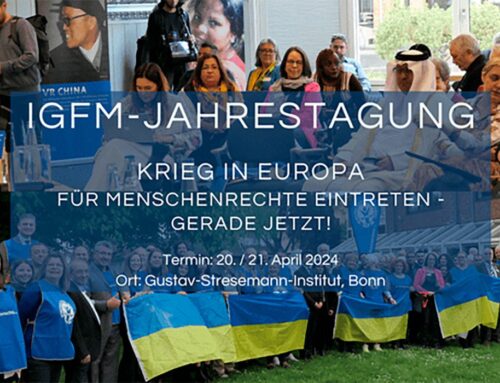
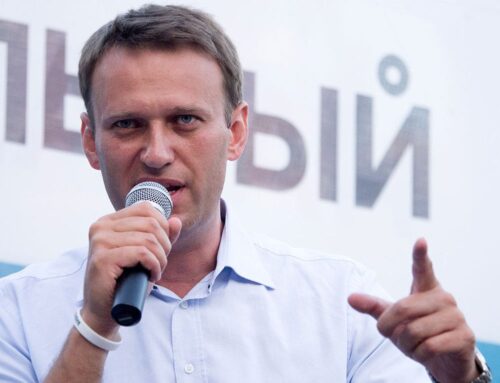
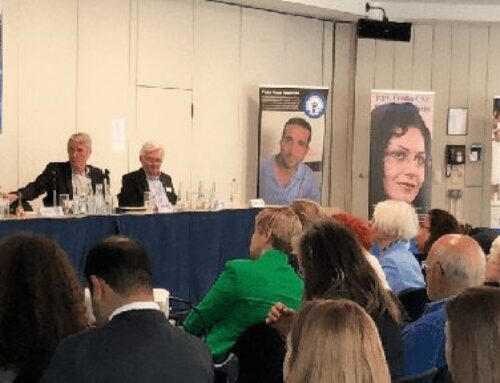
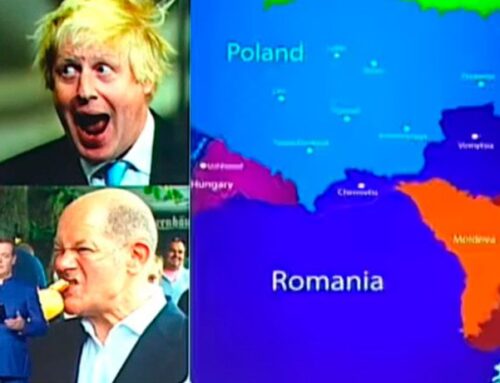
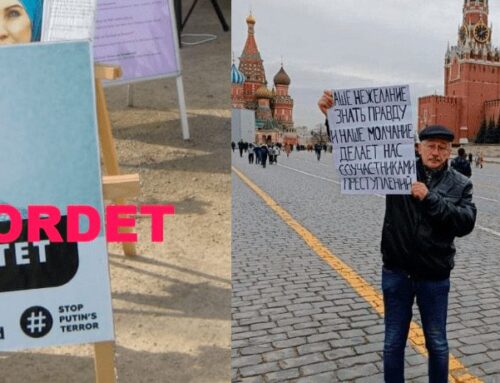
Leave A Comment